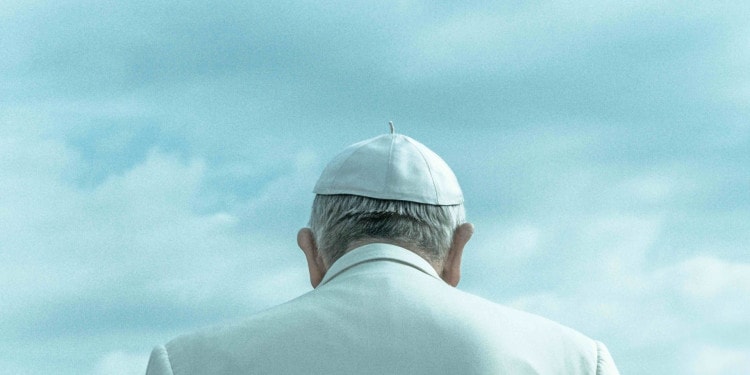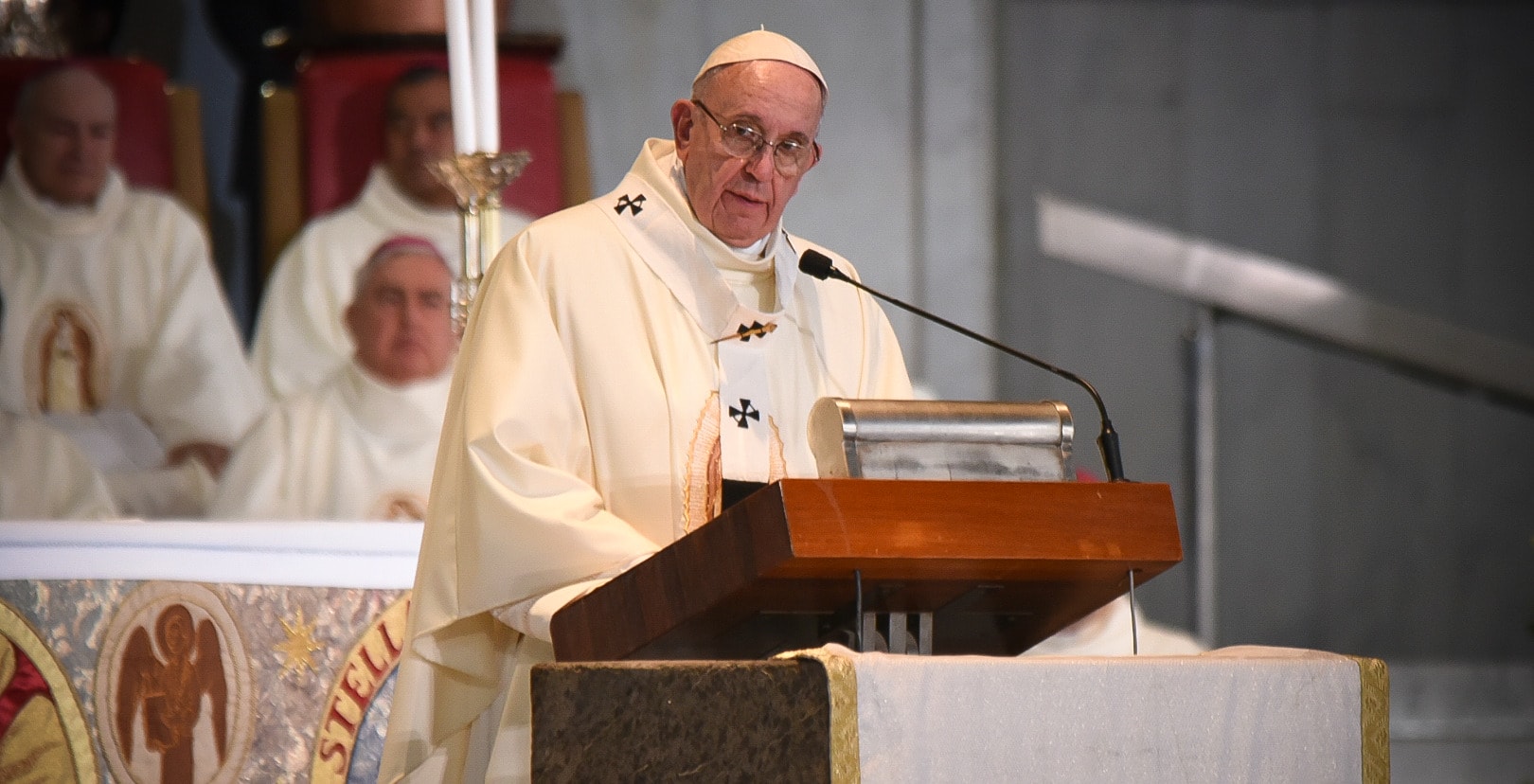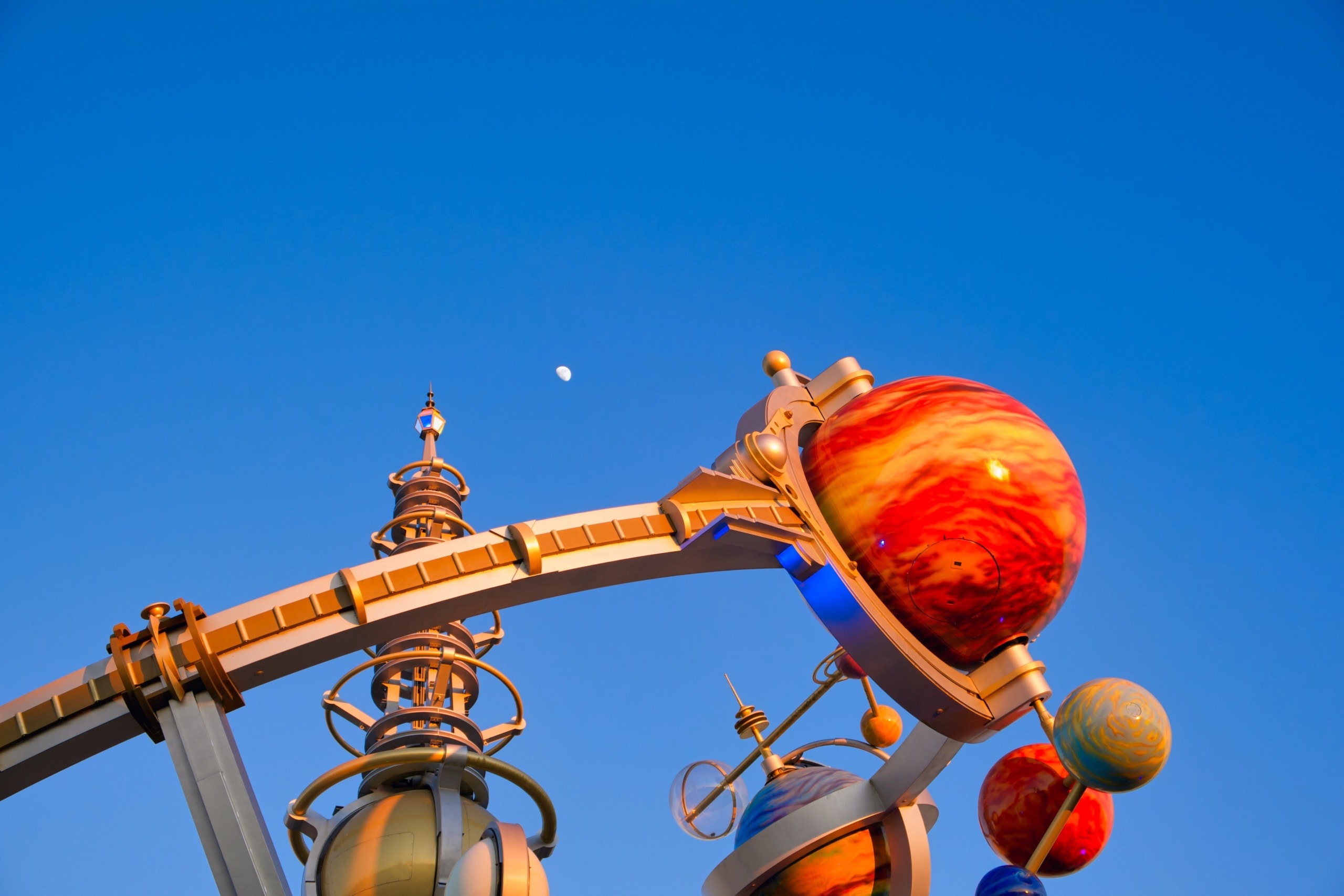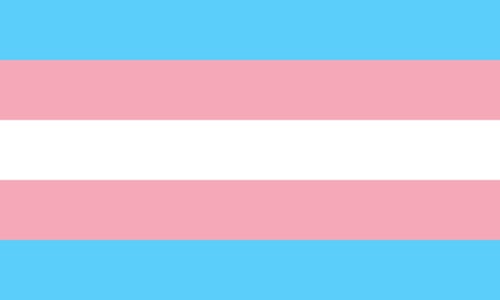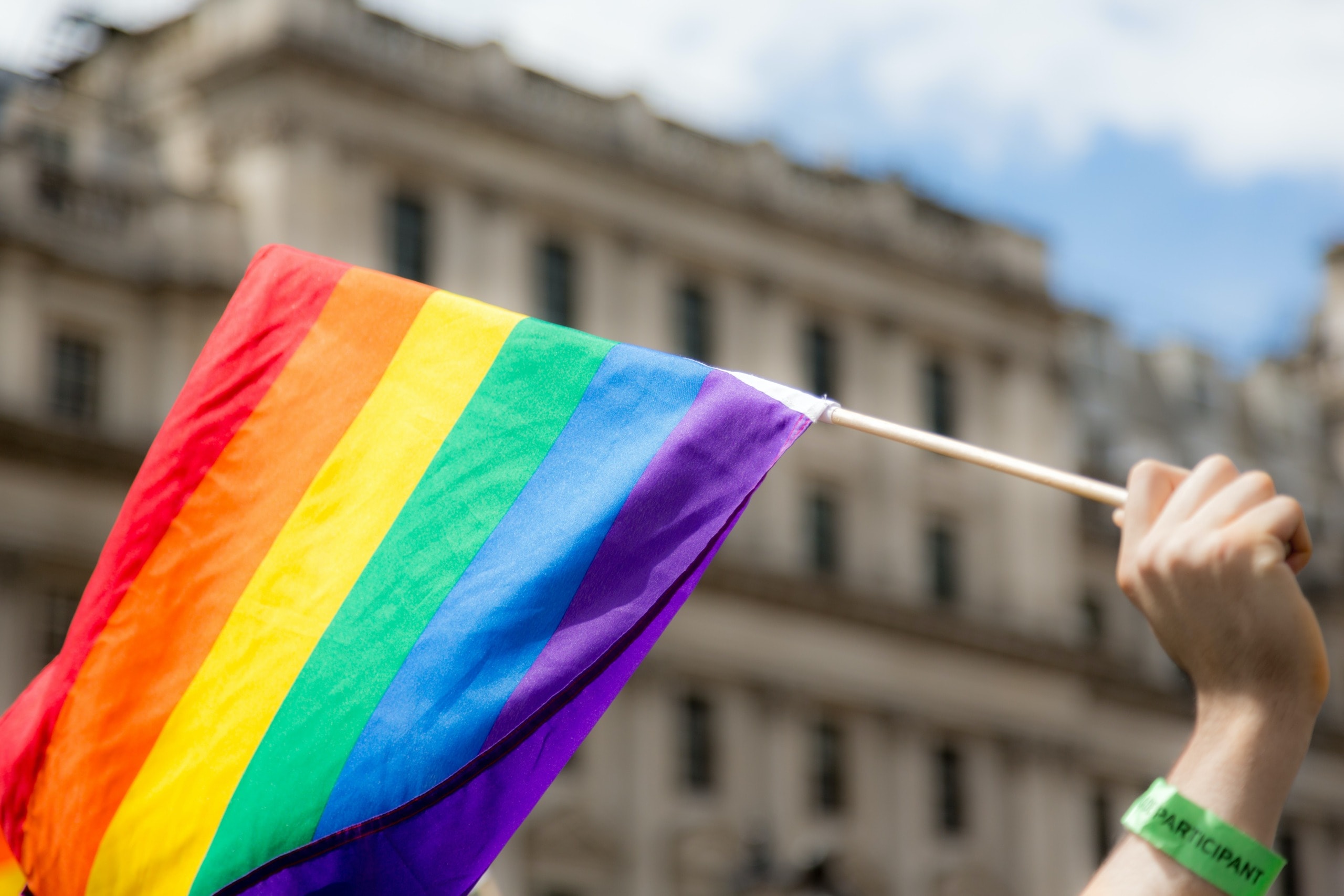As the head of the Christian church and the leader of the largest ongoing historical institution today — with 1.6 billion people — it is indisputable that Pope Francis is in a position of tremendous power and influence. And influential he has been.
The Pope, a Leader of Change
Pope Francis has been a figure of change from the very beginning of his papacy. With Argentinean origins, the “Archbishop of the Slums” is the first pope from a non-European country in almost 1,300 years. But the real change was not in his being but his becoming.
On the very night of his election, the pontiff unconventionally chose to ride in a minibus with some cardinals to their hotel, forgoing the papal limousine. Similarly, he immediately refused numerous signs of riches typically offered to popes and opted for a simpler, more humble lifestyle, despite leading one of the wealthiest institutions in the world. This early statement proved to be indicative of the pope’s values and leadership as “the people’s pope” who isn’t afraid to advocate for change both within and outside the church.
Changes Within the Church
Pope Francis seeks to create a more inclusive church with a less restrictive, less European, and less white College of Cardinals. Some of his ground-breaking changes within the church include the inauguration of the first-ever bilingual Vatican department, the addition of nine new cardinals to his advisory committee with one from each continent, and, more recently, the appointment of the first African-American Cardinal.
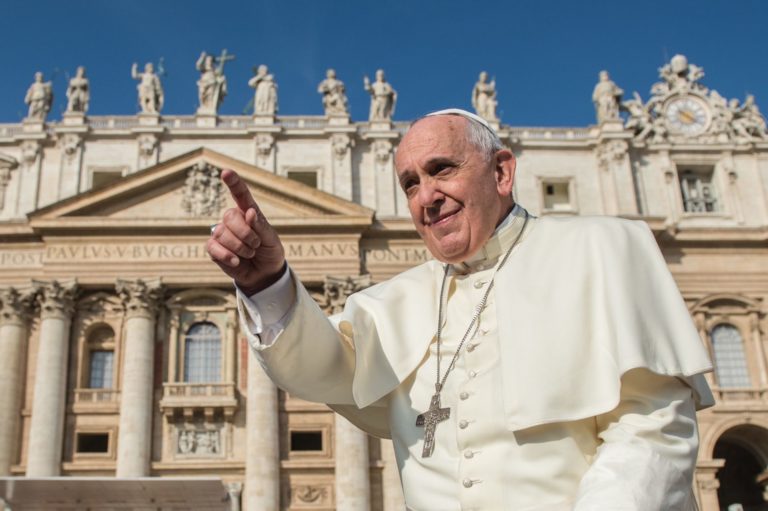
But these efforts do not stop with the College of Cardinals or behind the Vatican’s doors. The pope’s role in the Amazon Synod gave a voice to the region’s “often forgotten” indigenous people. Moreover, he called upon a more understanding approach to the “agonizing and painful decision” women have to bear and allowed priests to forgive the sin of abortion during the Church’s “year of mercy” from Dec. 8, 2015, to Nov. 20, 2016.
Changes Outside the Church
It is no secret that the pope has both the authority to implement changes within the Church and a track record of doing so. However, Pope Francis has, on several occasions, used his diplomacy and international socio-political influence outside the Church — in service of the greater good, benefiting all humanity regardless of faith or religion.
Ever since his 2013 election, the pontiff has put the climate crisis at the top of his agenda. He has repetitively expressed his concern regarding the growing detriment of our environment, most notably in his second encyclical “Laudato Si” where he addressed the question of environmental hazards and highlighted the vulnerability of developing nations that are disproportionately affected by the consequences.
“The earth, our home,” the pope wrote, “is beginning to look more and more like an immense pile of filth.”
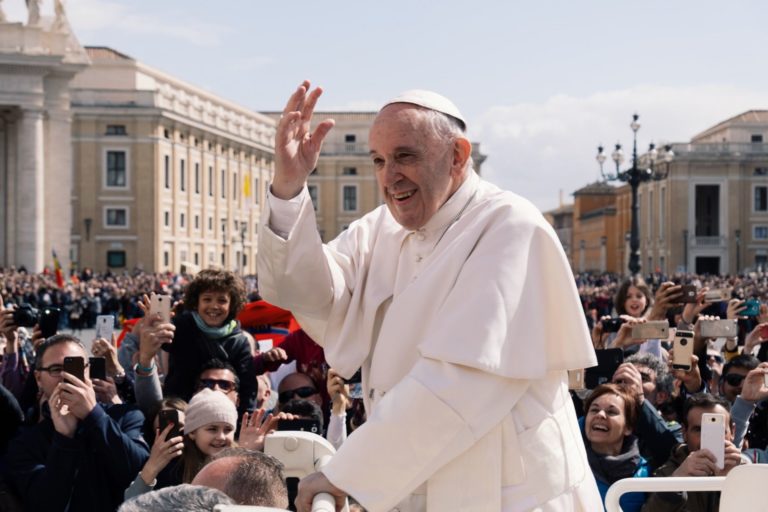
The Amazon Synod was the perfect application of his encyclical as he gathered indigenous groups, laypeople and bishops from all over the region to tackle environmental challenges. Similarly, his 2019 Madagascar trip, in which he highlighted the importance of preserving the country’s rich biodiversity, was met with a lot of enthusiasm as it spread awareness throughout the nation.
Related Articles: How a Pope Saved a Forest | Climate Change Will Not be Ignored | The Amazon Synod
On a more political level, Pope Francis played a significant role in initiating the dialogue between Cuba and the U.S. as he sent personal letters to both presidents urging them to consider a new phase in relations and invited officials from both nations to the Vatican to discuss the matter. Both leaders recognized this initiative as an important stepping-stone in the countries’ relations.
He has also attempted to broker other major international conflicts such as those between Israel and Palestine or between the Chagos Islands and the U.K.
Pope Francis Endorses Same-Sex Civil Unions — Now What?
In the past, the topic of homosexuality in the Vatican was either strongly ignored or regarded as an objectionable disorder. A few months after his 2013 election, Pope Francis made headlines as he suggested a more compassionate take on the subject: “If someone is gay and he searches for the Lord and has good will, who am I to judge?”
As Archbishop of Buenos Aires, Francis recognised civil unions for homosexual couples as an alternative to marriage. However, as a pope, he had never voiced support on the specific matter until the recent release of the ground-breaking documentary, “Francesco.”
In the documentary, the pontiff explains that homosexuals are “children of God and have a right to a family.”
“What we have to create is a civil union law,” the pope said. “That way they are legally covered.”
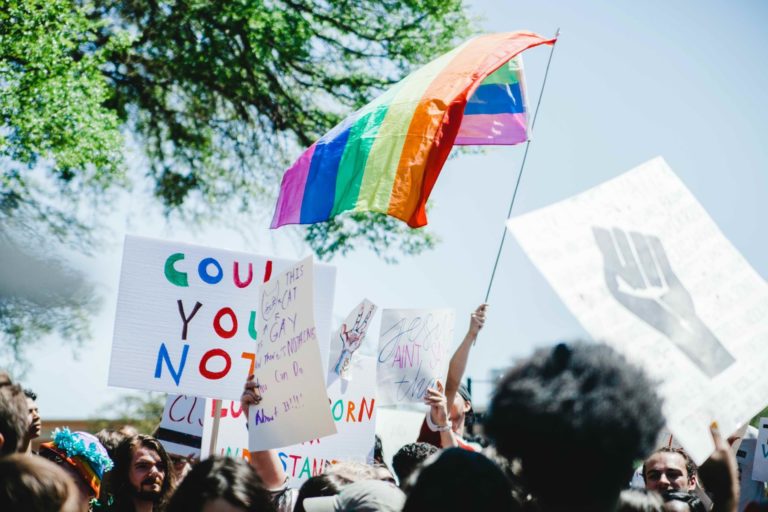
Why did these statements shake the world and why do they matter? For starters, Pope Francis did not just express tolerance on the matter of same-sex civil unions, he voiced support. Moreover, these are not statements shared in private but on camera, for the world to hear. He is no longer speaking as Archbishop of Buenos Aires but as the pope whose words now carry significantly more weight with more outreach. But is that enough to drive change?
Despite proving to be an important change-maker, Pope Francis remains fundamentally a man of the Church, with great influence but arguably no literal power beyond the realm of religion. The real question is, to what extent can this statement trigger radical change?
To the very least, his take on the matter can shift the perception of many conservatives and homophobes who often judge and reject homosexuality in the name of the Church.
Moreover, as can be seen in his involvement in the Cuba-U.S. relations, the pope’s words can be enough to initiate change. The rest would require the responsiveness of politicians, governments and non-religious leaders around the world.
Today, some people argue that the pope no longer has the influence he did in previous years while others question his actual impact on the secular world. Despite being a major figure, there is still a significant audience that he cannot reach. His voice on the matter can therefore have a tremendous outcome or simply get lost in the wind. Only time will tell.
One thing is clear, if the pope is willing to endorse same-sex civil marriage, is it not time for governments to accept it?
Editor’s Note: The opinions expressed here by Impakter.com columnists are their own, not those of Impakter.com. — In the Featured Photo: The pope from behind. Photo Credit: Nacho Artega


